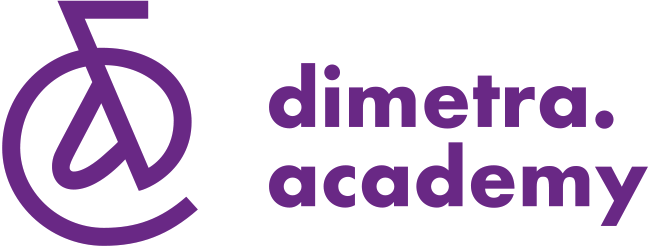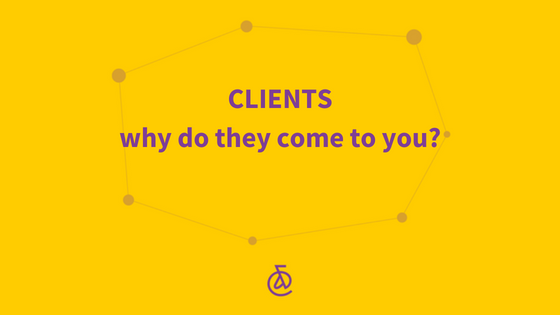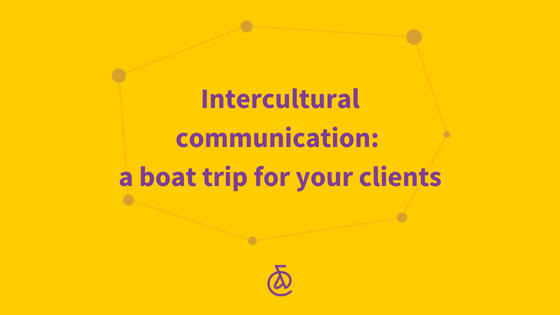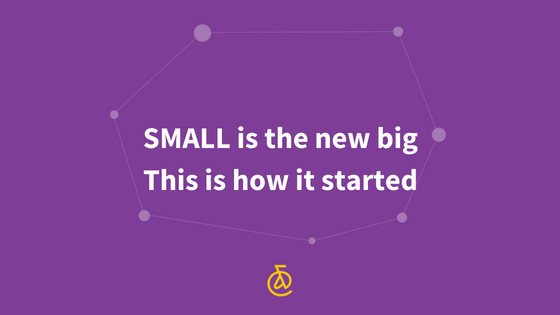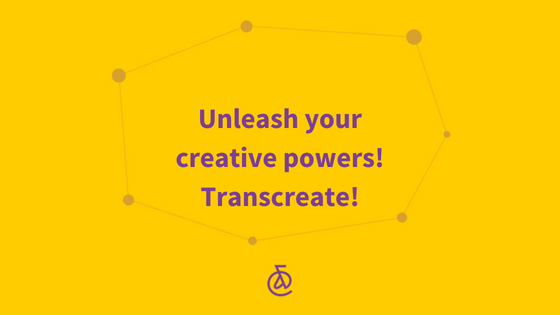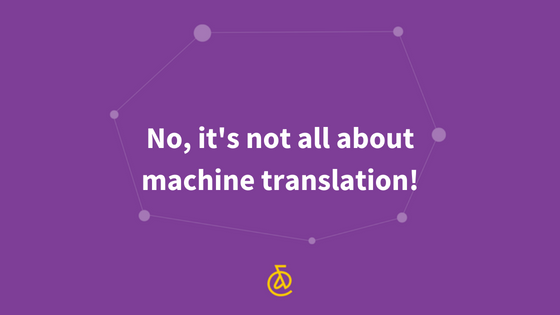Santiago de Compostela is a cathedral city and the ending point of arguably the leading pilgrimage in Europe. Pilgrims set out from all over the continent aiming to celebrate St. James (Jacob) on 25 July at the church. As a pilgrim, there is one rule you cannot break: you have to walk it. All of it. Needless to say, you’ve got to have a pretty good reason for pledging to leg it for hundreds or thousands of kilometres to north-western Spain. You’ve also got to have a plan to make sure you arrive by the 25th, whatever happens on the way.
Problem is, ‘a clear reason and a good plan’ are only to be found in the determined few. The vast majority of us like the idea of a happy end, but aren’t prepared for the pain involved in getting from A (=now) to B (=crossing the line). We need guidance, assistance and reassurance all along the way, too. That’s where you come in, skipper.
Richly rewarding though it ultimately is for clients, intercultural communication is very often an uncomfortable, sometimes even a painful journey. Aspiring pilgrims come to you because, deep down, they need you to lead them calmly and be SAFE = Skipper Accepting Fee for Effectiveness.
Recently I coached a surgeon for his first ever professional appraisal, a vital condition for keeping his UK licence valid. He was crystal clear about his desired point B: to work in the UK. I interviewed him, prepared his Curriculum Vitae, translated his evidence, briefed him and submitted everything on time to the licensing authority. Nice’n’sunny, the perfect wind in our sails.
Then, out of a clear blue sky, the ride got bumpy.
The good doctor called the UK regulator – without me knowing – and was careless with his syntax and tenses. “Would do freelance work” was understood by the General Medical Council’s bureaucrat as “I do freelance work.” They latched on to that lapse of language to dispute his entire record. And I spent 3 months working to support my client’s good name.
At times like that, even you skipper-translators may take it personally. Resentment and insecurity may tempt you to become overly friendly with your clients – a sort of alliance against the common enemy. Resist the urge. Instead, your radiating composure will be your client’s true solace. They don’t need a pal. They need a skipper.
As for your legitimate feelings of frustration? Well, that’s time for connecting with your team. But that’s a story for another day.
By our Keynote Speaker F.Fotopoulos
